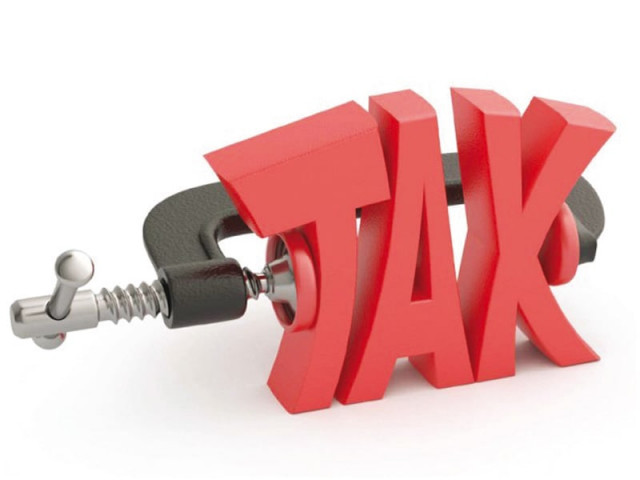Beverage makers: Capacity tax issue continues to remain cold
FBR loses billions of rupees every month, say industry officials.

This capacity tax divided industry with smaller bottlers voicing concerns about undue financial burden on their limited-scale operations. CREATIVE COMMONS
The capacity tax issue surrounding beverage makers is not close to being resolved as the Federal Board of Revenue (FBR) continues to lose billions of rupees every month, said industry people.
A meeting between bottlers of multinational cola brands and FBR officials was held in Islamabad on Wednesday but ended inconclusively, they said.
“The FBR will now take a decision on its own,” said FBR spokesman Shahid Hussain. “The industry has failed to meets its commitment. We are not getting the tax amount we were promised when the budget was announced.”
The government introduced a new tax regime for beverage makers last year under which producers of aerated water drinks have to pay a tax based on the potential of machines instead of the actual production. This means that tax has to be paid on the number of valves, the nozzles used to fill bottles.

This capacity tax divided the industry with smaller bottlers voicing concerns about undue financial burden on their limited-scale operations. According to a rough estimate, around 95% of the beverage market is under control of two multinational companies.
The government intended to raise Rs33 billion through the capacity tax in comparison to last year’s Rs28 billion earned from the beverage industry.
While Hussain was not immediately able to share exact numbers, industry people say revenue collection has remained way below target during the first two quarters.
Large Taxpayer Unit (LTU) for the Lahore region has already reported a loss of Rs2 billion during the first quarter since the tax was imposed in July this year. Other LTUs have faced a similar shortfall.
There was an understanding with the multinational beverage companies that tax collection would increase by 25% under the new method.
“It was an inconclusive meeting but now the FBR knows it’s in trouble and won’t be able to recover,” said an industry official. “What I can’t understand is what is taking the FBR so long to take action when the revenue is bleeding continuously.”
In the meeting, the FBR proposed jacking up the tax rate to Rs6.6 million per spout from the fixed Rs4.7 million. “But with that, tax officials warned they will do away with the facility of input tax adjustment,” the official said. However, the beverage representatives did not accept that.
Input tax deductions relates to the tax a beverage maker pays on raw material like sugar. But there is a catch. Without effective monitoring, some companies have been claiming more benefit under this head.
“These large bottlers have bought sugar supply for a long time. This means the government would see a further slide in revenue,” he said.
First introduced in 1990, it is widely believed that the capacity tax method of collection was the result of aggressive lobbying by multinationals. It was rolled back in 1994 but, by then, 10 beverages and 13 juice plants had been shut down.
As a consequence, some companies have dismantled machines and transported to warehouses at least one kilometer away from the plants. Tax officials are regularly monitoring the implementation of the tax.
Published in The Express Tribune, January 24th, 2014.
Like Business on Facebook, follow @TribuneBiz on Twitter to stay informed and join in the conversation.



















COMMENTS
Comments are moderated and generally will be posted if they are on-topic and not abusive.
For more information, please see our Comments FAQ